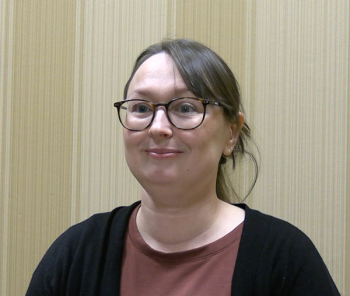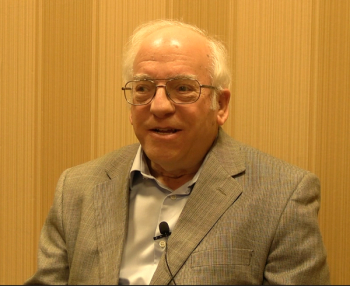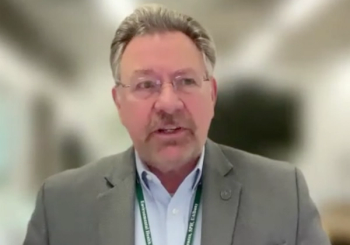
University of Nottingham to Be Base for World's First Liquid Surfaces X-ray Machine
Through the provision of open access to industry, the University of Nottingham (Nottinghamshire, UK) will be the base for the world's first liquid phase photoelectron spectroscopy (LiPPS) machine.
Through the provision of open access to industry, the University of Nottingham (Nottinghamshire, UK) will be the base for the world’s first liquid phase photoelectron spectroscopy (LiPPS) machine.
Funded by a £675,000 grant from the Engineering and Physical Sciences Research Council (EPSRC) (Wiltshire, UK), LiPPS is a high performance tool that the EPSRC believes will increase the UK’s competitiveness in a range of high-value industrial sectors including semiconductors, aerospace, pharmaceuticals, and automotives.
The X-ray photoelectron spectroscopy (XPS) machine allows researchers to take atomistic measurements of the surface of liquids for the first time. Current instrumentation in the XPS field only allows for the analysis of solid substances. LiPPS reportedly will be easier to operate, able to deal with a wider range of sample types, and to acquire data autonomously.
LiPPS is expected to provide a key service that could yield products within two to three years. The potential applications of this technique are vast. For example, solute composition and interfacial structure are dominant in a wide range of processes including catalysts and electrode-related systems. Insight into interfacial regions in these systems is crucial to the design of more efficient energy storage/conversion devices. It underpins knowledge of solution-based processes including electroplating and polishing, which are key to high tolerance engineering processes throughout the automotive and aeronautics industries.
Newsletter
Get essential updates on the latest spectroscopy technologies, regulatory standards, and best practices—subscribe today to Spectroscopy.




